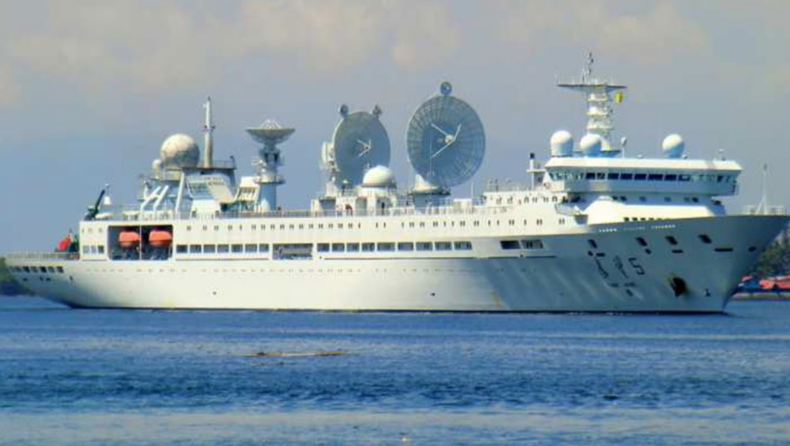India and China were caught in a verbal spat over the Chinese ‘research’ vessel that arrived at Hambantota Port of Sri Lanka earlier this month.
The war of words was triggered by the Chinese Ambassador to Sri Lanka Qi Zhenhong’s statements taking an indirect dig at India for its objection to Sri Lanka allowing the Chinese military vessel ‘Yuan Wang 5’ which is capable of tracking ballistic missiles and satellites.
In an article in a Chinese daily, Zhenhong wrote, “external obstruction” based on so-called security concerns without any evidence is a “thorough interference” into Sri Lanka’s sovereignty and independence. He also referred to what he called a history of aggression against Sri Lanka by “the northern neighbor”.
In response to his remarks made about India, the Indian High Commission in Colombo gave it back to China and wrote that they have noted the remarks of the Chinese Ambassador who have ‘violated the basic diplomatic etiquette’.
India slammed the Chinese Ambassador by saying that it may be a ‘personal trait or reflection of a larger national attitude.’
In their fiery response, the Indian Commission wrote, “India, we assure him, is very different.”
The high commission also took a jab at China saying “opaqueness and debt-driven agendas” are now a major challenge, especially for smaller nations, and that recent developments are a caution.
“Sri Lanka needs support, not unwanted pressure or unnecessary controversies to serve another country’s agenda,” the Indian side further said.
The Sri Lankan government had allowed the Chinese vessel Yuan Wang 5 to dock at its Hambantota port. The ship is reported to be a research and survey vessel which could be used as a spy ship.
According to reports that had surfaced, the ship could be used for space, satellite tracking and intercontinental ballistic missile launches.
Hambantota port is close to Indian waters and international shipping routes connecting Europe to Asia. Presence of Chinese vessels capable of carrying out spying activities should be concerning for India and other Indo-Pacific stakeholders.
Sri Lanka had leased the port to China for 99 years for $1.12B.













